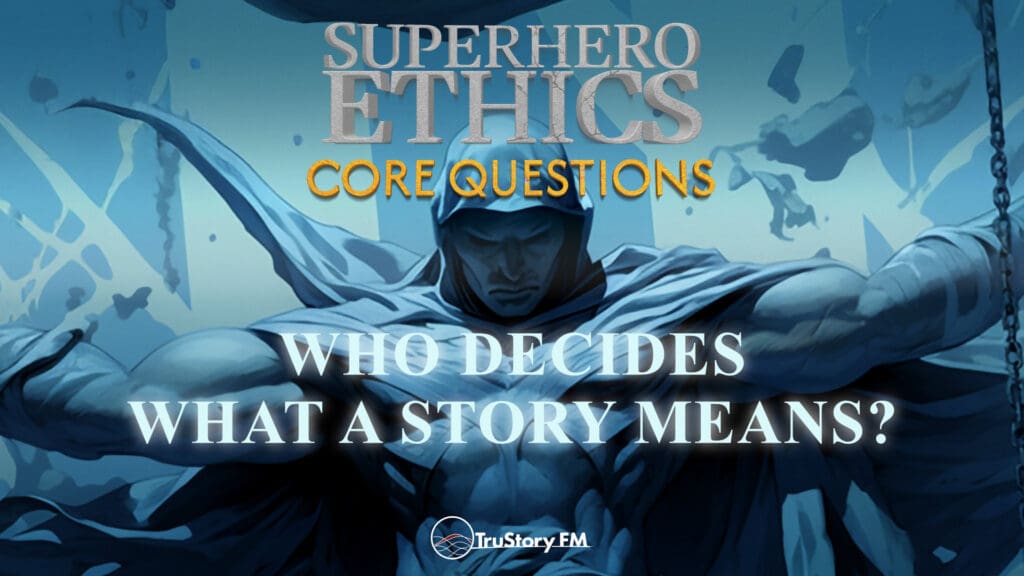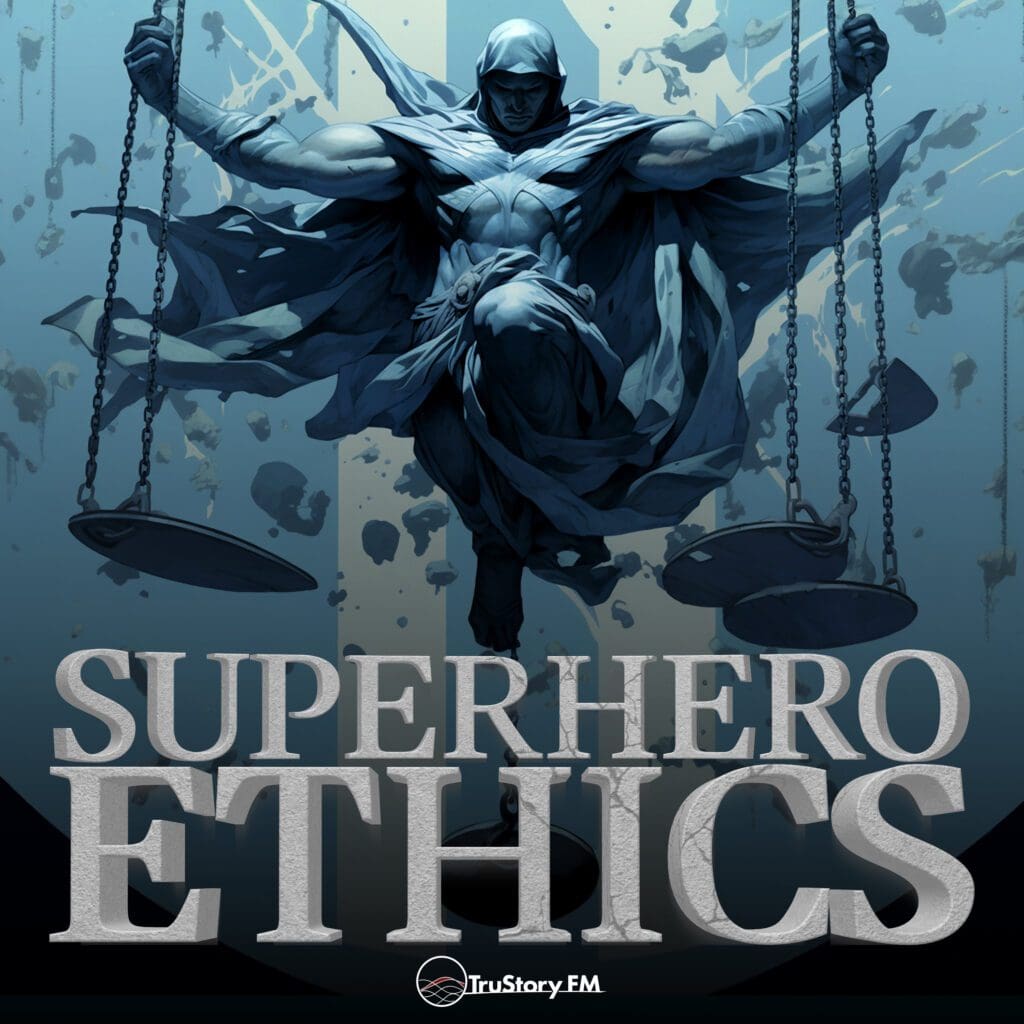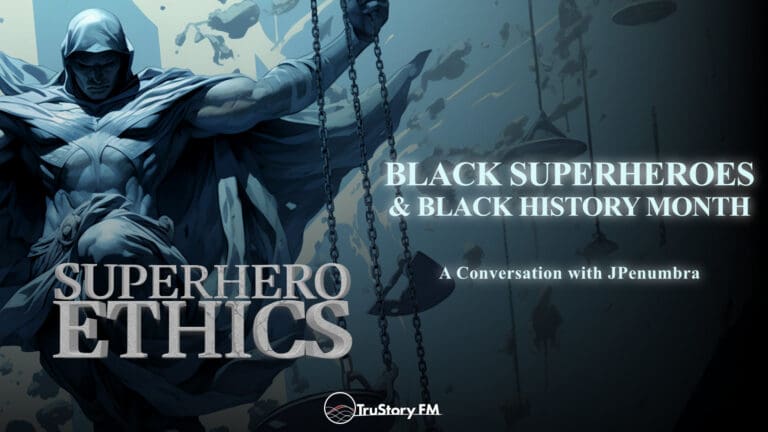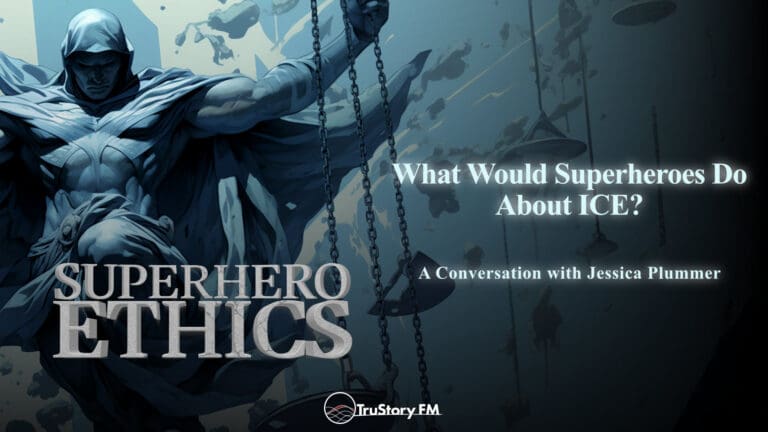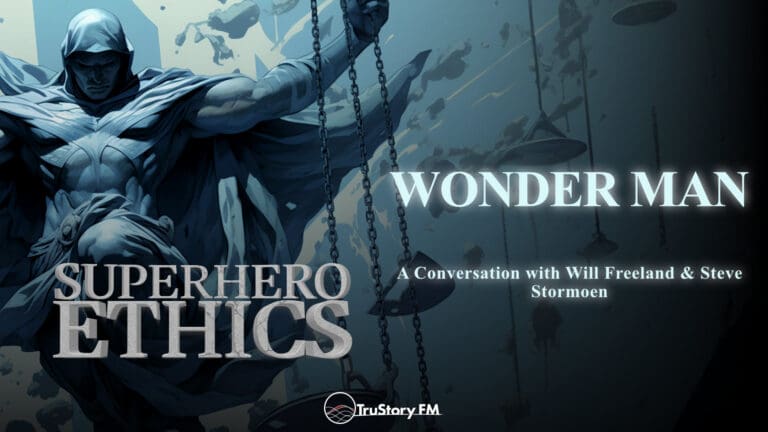Star Wars Generations: Who Decides Meaning?
In this thought-provoking episode from Star Wars Generations, hosts Alex and Matthew dive deep into a fundamental question that shapes how we experience and interpret media: who ultimately decides what a story means? The discussion explores the delicate balance between creator intent and audience interpretation, using recent Star Wars content as a springboard for broader philosophical examination.
The Danger of Extremes in Interpretation
The hosts identify two problematic extremes when it comes to interpreting media:
- On one end is the insistence that only the creator’s stated intention matters, which fails to acknowledge how personal experiences shape our understanding.
- On the other end is a completely subjective “anything goes” approach that can lead to bad-faith interpretations disconnected from the text itself.
- Finding middle ground proves essential, as they acknowledge that while creator commentary provides valuable context, audience interpretation remains equally valid and meaningful.
How Does Context Shape Meaning?
How do time and context impact the way we understand stories? The hosts explore this fascinating question through examples like MASH*, which audiences in the 1970s understood as commentary on Vietnam despite its Korean War setting, while later viewers saw it primarily as a Korean War story. Similarly, they discuss how Star Wars originally contained clear Vietnam War parallels that modern viewers might miss without historical context.
When Interpretation Goes Wrong
What happens when viewers misinterpret a story due to inattention or personal bias? The hosts examine moments from Andor where viewers missed subtle but important character moments, leading to fundamentally different understandings of scenes. They also address films and novels like Joker and Dune, where many viewers missed the creators’ critical perspective on protagonists and instead celebrated characters who were intended to be cautionary figures.
The Star Wars Galaxy as Political Mirror
How does Andor reflect real-world political situations without becoming tied to specific events? The hosts analyze Tony Gilroy’s interview comments about how creating “timeless” storytelling allows audiences from various backgrounds to see their own struggles reflected in the narrative. While the hosts note specific parallels to immigration policy, genocide debates, and media propaganda, they agree that reducing the show to specific real-world references diminishes its broader power.
Other topics covered:
- How racial representation in the Gorman storyline creates uncomfortable questions about which oppressed peoples are deemed “worthy” of galactic attention
- The power of language and terminology in framing political narratives throughout history
- How films unintentionally glorify villains by making them “too cool” for audiences to recognize as problematic
- The evolution of problematic male characters in romance narratives
- The importance of recognizing when subtle storytelling fails to communicate its intended message
- How protest movements throughout history are depicted and remembered in media
In exploring how stories resonate differently based on who’s experiencing them, the hosts demonstrate that meaning exists in the relationship between creator intent, textual evidence, and personal perspective—with no single authority having the final word.
This is only available for members as it’s our monthly member bonus episode. Why not become a member so you can listen to it too? We’d love it if you became a member to support our show, but you’d love it because of everything you get. We have monthly member bonus episodes that only members can access. You also get access to members-only Discord channels, and early ad-free releases for every episode. What can we say? It pays to be a member. Learn more about supporting The Ethical Panda family of podcasts through your own membership — visit TruStory FM.







